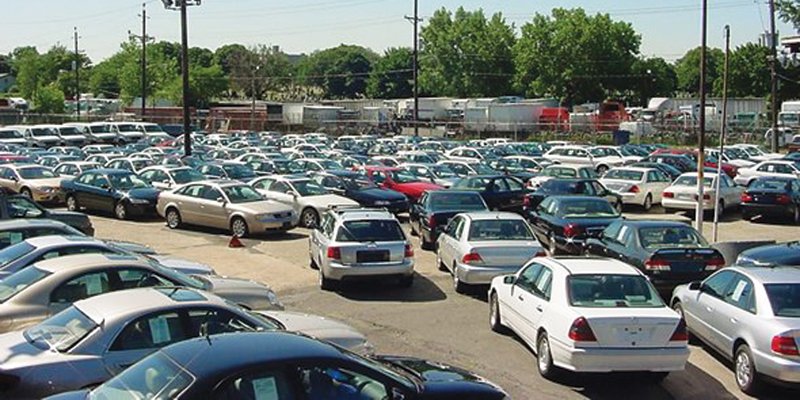Commercial vehicle imports gobble US$1,3bn
ZIMBABWE has pumped out US$1,3 billion towards commercial and passenger vehicle imports in the last five years, a trend that is not only unsustainable for the economy but also drains scarce foreign currency.
In line with the newly unveiled National Development Strategy (NDS1:2021-2025), which was unveiled by President Mnangagwa two weeks ago and is anchored on increased value addition, the Government says it is now seized with revamping the local manufacturing of buses and trucks to curb continued imports, which are contributing to a bloated import bill.
Measures have also been put in place to restrict importation of old second-hand vehicles to ensure adherence to environmental and safety standards.
Finance and Economic Development Minister, Professor Mthuli Ncube, revealed this in his 2021 National Budget Statement that he presented in Parliament last Thursday.
“About US$1,3 billion was spent on imported buses, light commercial and passenger motor vehicles from 2015 to September 2020. This is despite the existence of capacity by the local motor industry to assemble the above-mentioned range of motor vehicles,” he said.
“Furthermore, due to lack of effective standards and regulation, road unworthy vehicles, which, in some instances fail to meet environmental and safety standards, find their way onto the market.
“In line with the NDS1, which underscores value addition, I propose to remove second hand motor vehicles aged 10 years and above, from the date of manufacture at the time of importation, from the Open General Import Licence.”
However, in the interim, Prof Ncube said commercial vehicles such as tractors, haulage trucks, earth-moving equipment and other specialised vehicles used in mining and construction “will be exempt from this requirement”.
Industry and Commerce Minister, Dr Sekai Nzenza, recently stressed the need to localise motor vehicle production and buttress provision of reliable and cheaper public transport. She noted that while the Government has been facilitating importation of buses from China and Belarus to beef up the Zupco fleet and Public Service Commission buses, reliance on imports was not sustainable in the long run.
“Continued importation of these buses is not sustainable in the long run and, therefore, going forward the thrust is to manufacture local buses to reduce the import bill,” said Dr Nzenza.
“This will not only boost this industry but will also benefit other upstream industries that provide inputs such as bolts, batteries, steel sheets, tyres, upholstery, paint, carpet manufacturers, among others.”
Revamping the domestic industry value chain and other sectors is critical to positioning the country for enhanced earnings under the African Continental Free Trade Area (AfCFTA), whose roll-out is scheduled to begin in January 2021.
As part of a raft of measures to contain public expenditure, Prof Ncube, also said the Government removed senior civil servants from the condition of service motor vehicle facility and availed a scheme last year for duty free importation of motor vehicles by this category of public workers.
The facility was extended to other civil servants who have been in the service for a period of at least 10 years, as an interim relief measure to address transport challenges.
“To date 1 317 civil servants have benefited from the scheme, and motor vehicles with a cumulative value of US$5,1 million were imported since inception in March 2019,” he said.
However, the minister said the public transport system has improved after the Government introduced complementary measures in both urban and rural areas. These include ring-fenced importation of public service buses at a reduced rate of duty, subsidies on Zupco contracted buses and improvement in the Public Service Commission bus fleet.
In view of this development, the Treasury boss said the Motor Vehicle Rebate Scheme for Civil Servants will be ceased with effect from 30 June 2021. “This measure will also curb abuse of the facility, whereby some beneficiaries would cede their privilege to third parties in exchange for monetary gain,” he said.
“The facility will, however, continue to apply to civil servants who are no longer benefiting from the condition of service vehicles scheme, as well as specified health workers.”-heral.co.zw










